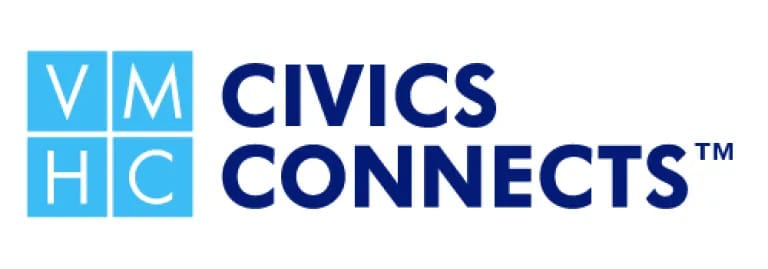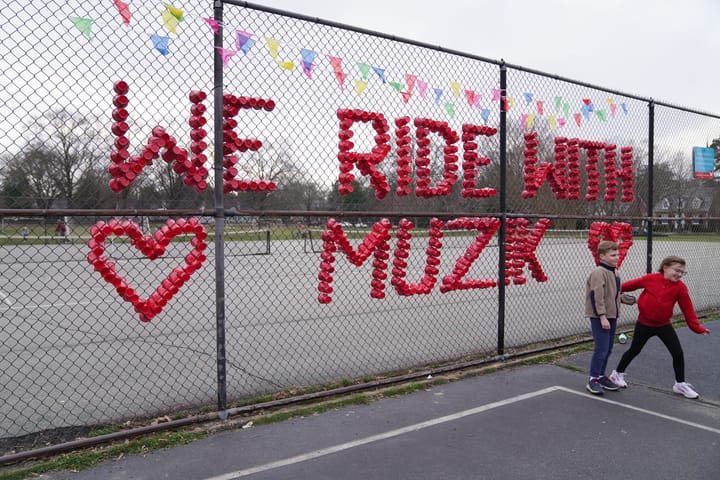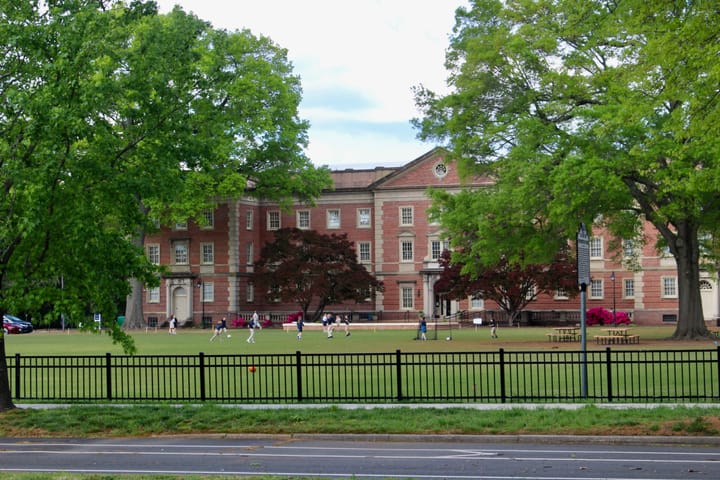Seeing a need for civics education, John Marshall Center is offering new program for middle schoolers

The John Marshall Center in Richmond is rolling out a new program to boost civics education in classrooms across Virginia.
The program, titled Civics Connects, is part of an effort primarily funded by a grant from the Virginia Law Foundation.
The resource was primarily developed to ease the transition from the 2015 state standards of civics and economics education to the 2023 standards. The new standards include a more holistic view of civic impact on the world, more global historical perspectives and more freedom for educators to hand-pick the content for their classroom. Additionally, civics education is being implemented in the 7th grade as opposed to just 8th grade across Virginia.
As some schools begin to adopt all the changes in this crossover year, educators at the center said they saw a need for comprehensive resources that can support their efforts in delivering civics education. Part of their concern was related to impacts from the coronavirus pandemic and the decrease in student involvement in civics education.
“There has been a sharp decline in the actual number of hours that students are studying civics,” said Joni Albrech, the center’s director.
Civic Connects aims to supply educators with an easy to navigate website to teach civics based around current events. The website features 10 units each based on a different topic such as citizenship, the judicial system, economics and related subjects.
“It’s really easy for a teacher to see by color or icon which unit it is, and it’s sequential in order of the Virginia standard,” Albrecht said
Units 1, 2 and 7, which focus on the foundations of the American government and the political process, are now available for use. Units will continue to be released until the last unit is introduced in February 2025.
Center leaders looked at other states and organizations with programs supplying civics resources and noticed a lack of student involvement. The center auditioned more than 60 students and selected seven to be what are called “civic investigators,” or students who will lead the introductory videos for each unit. The idea behind civic investigators is that students would become more engaged with the topics by seeing someone their age involved in civics education.
Sophia Barker, an eighth grader at Swift Creek Middle School in Midlothian, is one of the civic investigators.
“I love civics as a whole,” Sophia said. “I want to be an ambassador when I grow up so it goes perfect with the program.”
Sophia’s favorite part of the program was making the videos. The center tailored the videos to allow the students to incorporate their interests into the videos.
“Even if you’ve never had experience acting or being on screen it’s really easy and everyone is really nice,” Sophia said.
Mark Barker, Sophia’s father, praised the program for its efforts to make sure students are well-informed.
“You can’t get your kids to [start learning about civics] early enough. You want them to learn from all aspects. You want them to get their information from multiple sources,” said Mark Barker.
The center is measuring the initiative through check-ins administered through teachers working with the program.
“In five years I would like to see at least one teacher in every school district in Virginia using this resource,” said Caroline Legros, manager of civics education at the center.
Albrecht said this program is adaptable for high school students and sees the potential for expanding to elementary schools further down the line. She said the main main hope is, “for young people that engage with this content to come out after 5 or 10 years being more involved with their community than they would have been without it.”






